Lalit reviews Monalisa No Longer Smiles. It celebrates the human spirit and encourages reflection on the futility of wars and divisiveness – exclusively for Different Truths.
Monalisa No Longer Smiles,
Edited by Mitali Chakravarty
Immaculately published by Om Books International [2022] and impeccably edited by Mitali Chakravarty, the founding editor of borderless journal.com, Monalisa No Longer Smiles, an anthology from Writers across the World, a unique anthology, is a bibliophile’s delight.
It celebrates the human spirit through classics in translation, poems, discussion, thought-provoking essays, contemporary short stories, and conversations with some erudite minds.
Between its 340 pages, the reader will find a treasure to be cherished.
Dedicated to her father, the late Dr JK Banerjee, for ‘helping me dream of a world that could be without divisions’, the book is beautiful, giving endless moments of joy. Every piece merits a second and third reading.
Not only the publisher and the editor, but also the contributors, hailing from different social and cultural milieus, need to be congratulated for this sparkling book, which should be part of every university and college library, not only because it entertains, enlightens, enchants, but also because it makes us think about the futility of wars, violence, and divisiveness.
The very evocatively gripping title of the book has been borrowed from Sunil Sharma’s poignant short story in the anthology…
The very evocatively gripping title of the book has been borrowed from Sunil Sharma’s poignant short story in the anthology, Monalisa no longer smiles Here [pp 197 -203], which flows effortlessly, leaving the reader thoughtful.
In fact,’ a cold wind sliced‘ through me while reading the story of this Monalisa, who, an integral part of the family where she works, is otherwise invisible to the household, unaware that she is just a little girl with her little dreams.
We find this very unsmiling Monalisa, transforming into a ‘little goddess in motion,’ boisterously playing and smiling with her siblings once she reaches her shack of a home in an impoverished basti. A sigh escapes the readers’ lips.
This section brings some influential classics into focus through translation…
Classics in Translation: This section brings some influential classics into focus through translation – Sahitya Akademi awardee Aruna Chakravarti’s translations of Sarat Chandra and Tarashankar Bandopadhyay from Bengali, a story of Nabendu Ghosh, translated by his late son, Dipankar Ghosh, Nadir Ali’s story translated from Punjabi by his daughter, Amna Ali, Kazi Nazrul translated by Sohna Manzoor, Bijan Najdi’s Persian poem on the futility of war, Our Children, translated by Davood Jalili, Of Days, and Seasons, a Parable, by Louis Couperus translated from Dutch, and The Library of Rabindranath Tagore, translated by Chaitali Sengupta leave one highly enriched.
As we find ourselves being asphyxiated by the toxic fumes of a dystopian world, our ears calloused by our silence, the words of Akbar Barakzai, translated from Balochi by Fazal Baloch, hammer at us:
“don’t ever bury the word
In the depth of your chest
Instead, express the word.
Yes, speak it out.“ P 83
Inthe section on Poems, I could feel the inherent emotions in my heartbeats, almost touching the throbbing intensity.
Catabolic Woman, by Sahitya Akademi awardee Arundhathi Subramaniam, is a power punch of a poem…
Catabolic Woman, by Sahitya Akademi awardee Arundhathi Subramaniam, is a power punch of a poem, and I almost reeled under its impact, some words permanently etched in my mind.
“We’re caterwauling,
Catastrophic,
shambolic,
cataclysmic,
catabolic women.“ P 106
Bodhi Tree by Sumana Roy made me go into a brown study, and I imagined myself sitting under a tree, eyes closed, in deep introspection, the words of the poem ringing in my ears:
“There must be something about sitting under a tree,
in the bandaged conflation between shade and shadow.“
Lesya Bakun’s two poems, ‘Refugee in my own country / I am Ukraine’ and ‘Someone’s Dream‘, Bibek Adhikari’s A Lament, a Prayer, is heart-wrenching.
Michael Burch’s short, poignant poem, I, too, have a Dream, was stunning in its impact, having almost a seismic effect on me.
“I, too, have a dream…
that one day, Jews and Christians
Will see me as I am:
a small child, lonely and afraid,
staring down the barrel of their big bazookas,
knowing that I did nothing to deserve their enmity.“ P 110
“Yet the rejoicing world
failed to notice that deserted manlike the far side of the moon
The ropes to which the mug was tethered
felt like the chains of an enslaved person.“ [Human Immortality Project by Aditya Shankar]
Such hard-hitting lines singe one, shaming one into a feeling of guilt.
It also has funny, satirical pieces existing cheek by jowl with some philosophical and profound works.
It also has funny, satirical pieces existing cheek by jowl with some philosophical and profound works. Rhys Hughes’ poems, brimming with an incisive wit and tongue-in-cheek humour, left smiling.
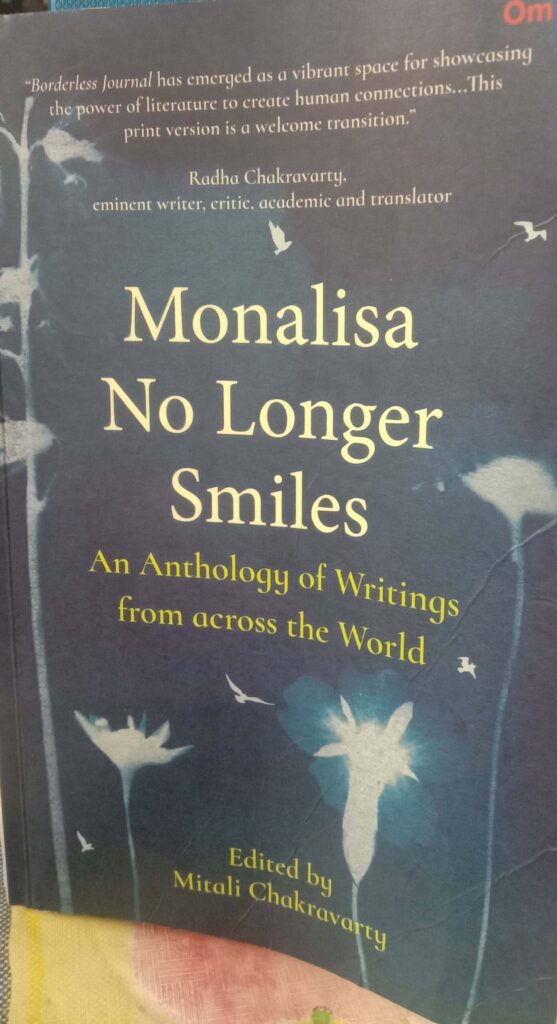
The third Section, Discussion, Rabindranath Tagore: The Universal Bard (Aruna Chakravarty in discussion with Sunil Gangopadhyay), was intellectually stimulating, pushing the borders of my understanding of the genius that Rabindranath Tagore was.
Essays: All the essays, In Praise of Translations (Ratnottama Sengupta), When West Meets East, Greatness Blooms (Debraj Mookerjee), One Life, one Love, Three Hundred Children (Keith Lyons), Tales of a Backpacking Granny: Homestay in St. Petersburg (Sybil Pretious),
Unbowed, She Stayed (BhaskarParicha), A Book of One’s Own: The Story of Women’s Writing [Meenakshi Malhotra], Zohra, What if You Were My Daughter? (Ayesha Baqir)provided me with immense food for thought.
In the essay, In Praise of Translation, penned by Ratnottama Sengupta, I found myself nodding vigorously as I read the following lines,
“Our understanding of the ways and woes of the World would be so much poorer if Iliad and Odyssey had remained confined to Greek readers; if Henrik Ibsen’s A Doll’s House had not crossed the frontiers of Norway; if Don Quixote were only to be read only in the Spanish that Miguel de Cervantes wrote in; if The Hunchback of Notre Dame was meant only for those raised in French, or if Faust were to be played only to German viewers…” p 146
“If Rabindranath Tagore had not translated the poems of Gitanjali, Asia would have to wait longer for its first Nobel Prize.” p 147
Conversations with Aruna Chakravarti, Arundhathi Subramanian, Devaki Jain, Goutam Ghose, Sumana Roy, Kathleen Burkinshaw, Avik Chanda, Teresa Rehman, Ratnottama Sengupta, and Lesya Bakun are thought-provoking. They talk of the importance of empathy, dreams, truth, and respect for one’s identity- leaving the reader hopeful of the future.
… the anthology gives us a peek into universal human conditions, and a celebratory thread runs through it…
In a nutshell, the anthology gives us a peek into universal human conditions, and a celebratory thread runs through it, encapsulating love, forgiveness, syncretism, truth, courage, and kindness. The writers speak in one voice, striking at the rampant injustice and apathy and hoping for a better world.
It is an important book. A heartwarming book. A hopeful book.
Are these ‘idle, utopian visions ‘, or can such a world where love reigns be recreated? Asks Mitali Chakravarty in the exceptionally well-penned Introduction.
“As the world rouses from the prolonged stupor of intermittent lockdowns, fighter jets invade partitioned skies.
Especially in such times, hope becomes essential for our survival.“
The editor and publisher deserve accolades for bringing out such a unique anthology, and we cling to the hope of more such meaningful collections in the future.
The reviewer sources the book cover visual.

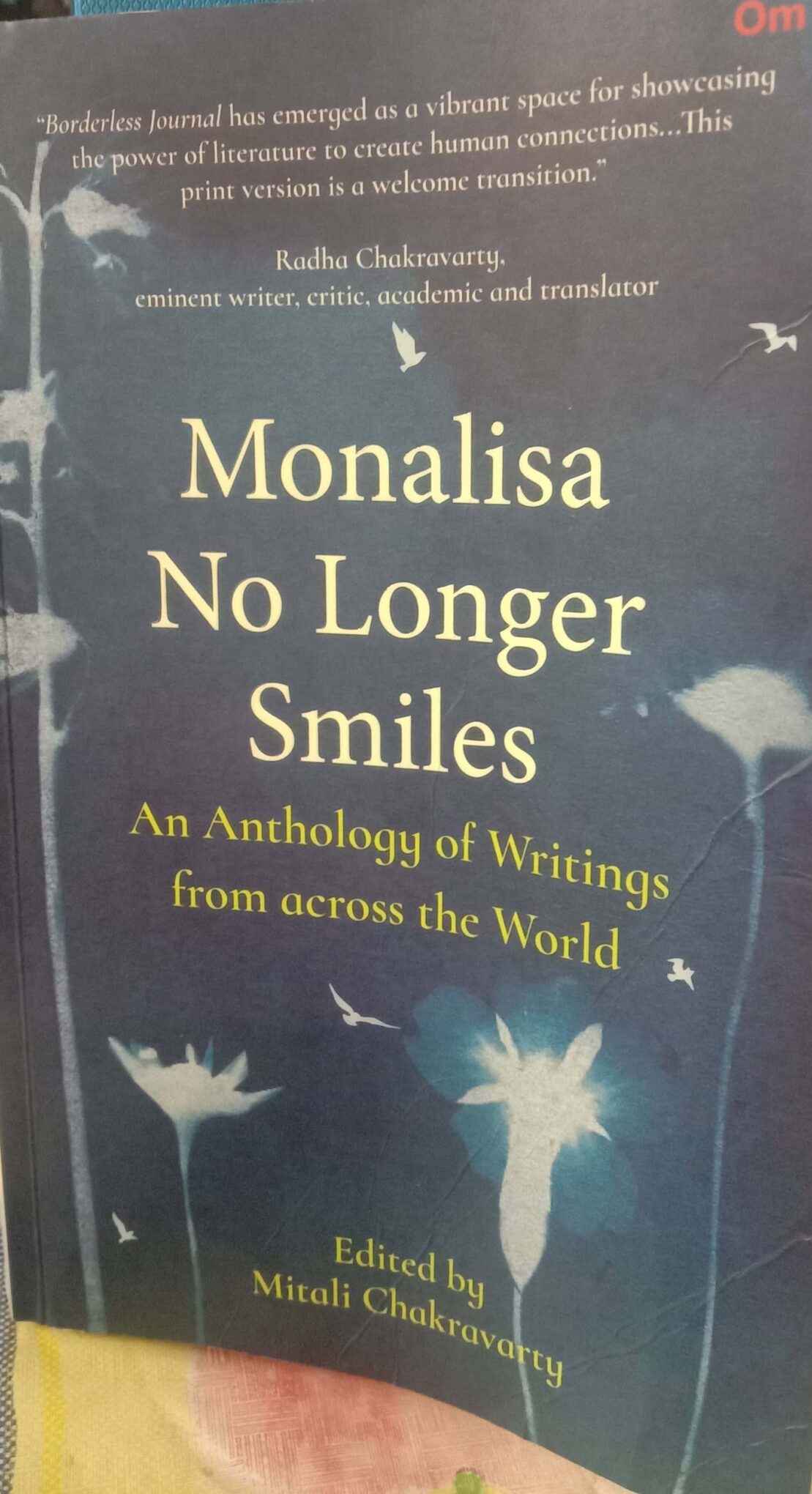

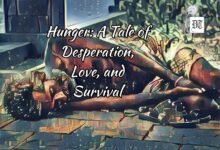
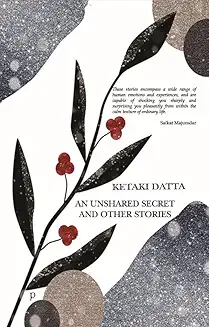
 By
By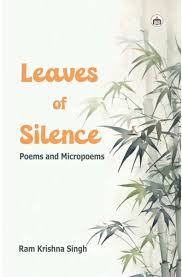
 By
By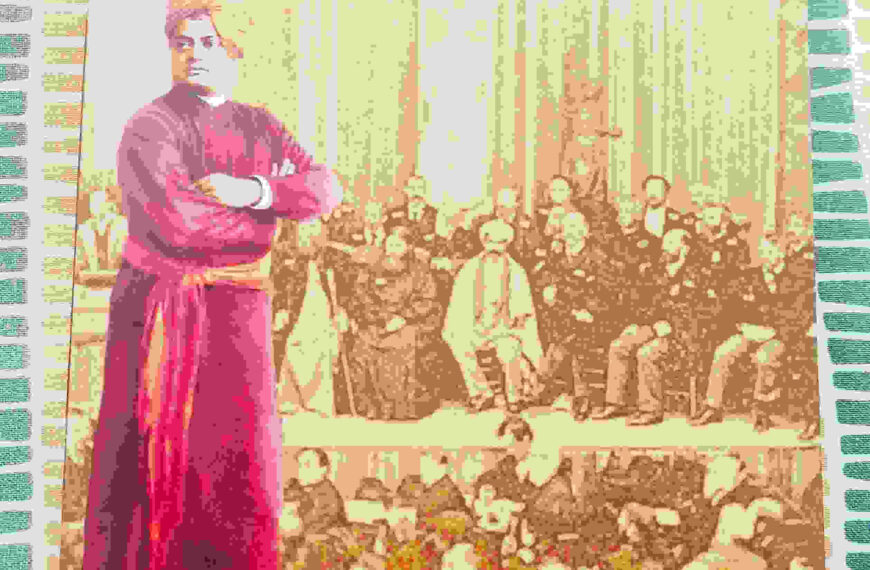
 By
By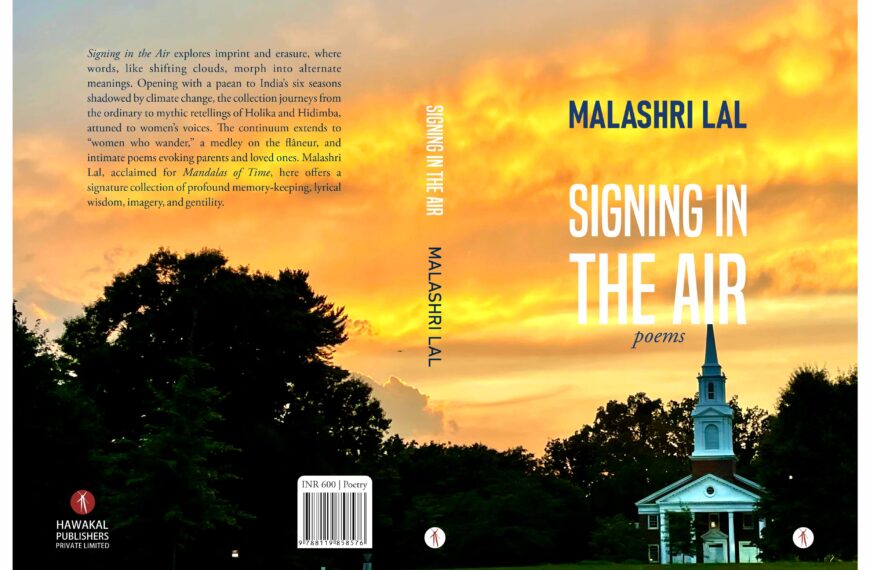
 By
By